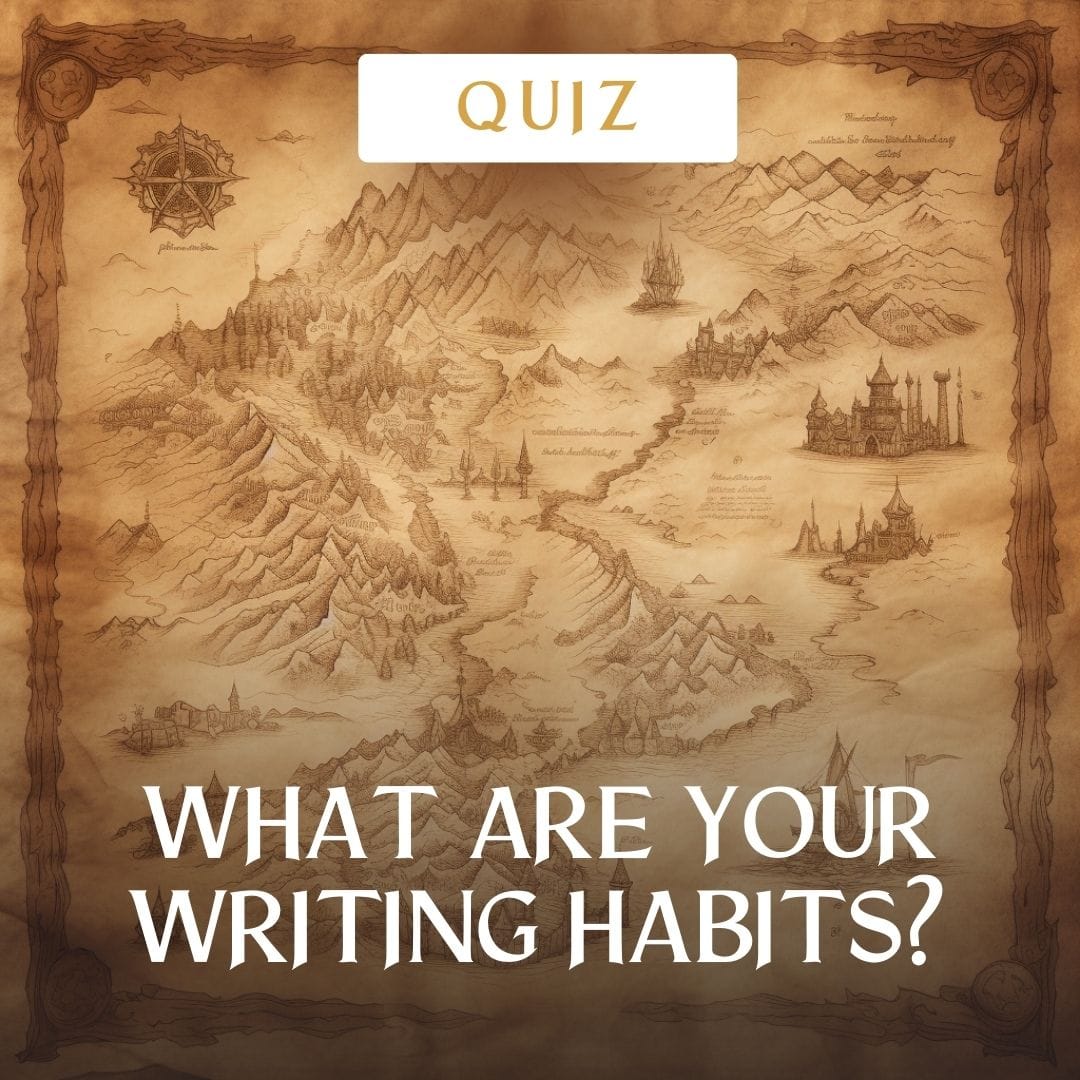Most moderns might expect an ancient Frollo (from the ‘Hunchback of Notre Dame’).
But what we find is the spirit of the Church encouraging them to read and learn from everything, because God constantly tries to work with people in all cultures and all times, inspiring them to come to know Him, however rocky the road.
St. Basil recommends an attitude of discernment, and of healthy praise for what’s good and the avoidance of what’s in error.
He speaks of appreciating the ‘silhouettes of truth’ found in all cultures.
He recommends start on a solid (discerning) diet of non-religious literature for several reasons. It’s important to be conversant in all the poets, historians and stories of your age.
And as a Christian, one should be able to discuss all these literatures intelligently. Extrapolating from that, I’d say all Christians – and all legends in our community – are following this same path. We celebrate what’s fun and good in modern media around us, because we understand it’s popular for a reason. That reason tells us something about our time.
The following selection of lightly paraphrased quotes bring us an exciting roadmap for exploring our fiction. They come from ‘St Basil’s Address on the Right use of Greek Literature.‘
“To the Christian the life eternal is the supreme goal, and the guide to this life is the Holy Scriptures; but since young [people] cannot appreciate the deep thoughts contained therein, they are to study the [mundane] writings, in which truth appears as in a mirror.”
“In studying [non-Christian] lore, one must discriminate between the helpful and the injurious, accepting the one, but closing one’s ears to the siren song of the other.”
“We Christians… hold that this human life is not a supremely precious thing, nor do we recognize anything as unconditionally a blessing which benefits us in this life only.
“Neither pride of ancestry, nor bodily strength, nor beauty, nor greatness, nor the esteem of all men, nor kingly authority, nor, indeed, whatever of human affairs may be called great, do we consider worthy of desire, or the possessors of them as objects of envy; but we place our hopes upon the things which are beyond, and in preparation for the life eternal do all things that we do.
“Accordingly, whatever helps us towards this we say that we must love and follow after with all our might, but those things which have no bearing upon it should be held as naught.”
“Into the life eternal the Holy Scriptures lead us, which teach us through divine words. But so long as our immaturity forbids our understanding their deep thought, we exercise our spiritual perceptions upon [mundane] writings, which are not altogether different, and in which we perceive the truth as it were in shadows and in mirrors…
“Consequently we must be conversant with poets, with historians, with orators, indeed with all men who may further our soul’s salvation. Just as dyers prepare the cloth before they apply the dye, be it purple or any other color, so indeed must we also, if we would preserve indelible the idea of the true virtue, become first initiated in the [secular] lore, then at length give special heed to the sacred and divine teachings, even as we first accustom ourselves to the sun’s reflection in the water, and then become able to turn our eyes upon the very sun itself.”
“When they recount the words and deeds of good men, you should both love and imitate them, earnestly emulating such conduct…
“So we, if wise, shall take from [non-Christian] books whatever befits us and is allied to the truth, and shall pass over the rest. And just as in culling roses we avoid the thorns, from such writings as these we will gather everything useful, and guard against the noxious. So, from the very beginning, we must examine each of their teachings, to harmonize it with our ultimate purpose, according to the Doric proverb, ‘testing each stone by the measuring-line.”
“The lessons of youth make a deep impression, because the soul is then plastic, and therefore they are likely to be indelible… [Hesiod, the philosopher is then quoted about virtue;]
“Rough is the start and hard, and the way steep, and full of labor and pain, that leads toward virtue.
“Wherefore, on account of the steepness, it is not granted to every man to set out, nor, to the one having set out, easily to reach the summit.
“But when he has reached the top, he sees that the way is smooth and fair, easy and light to the foot, and more pleasing than the other, which leads to wickedness.”
“We shall become more intimately acquainted with these precepts in the sacred writings, but it is incumbent upon us, for the present, to trace, as it were, the silhouette of virtue in the [secular] authors.




0 Comments